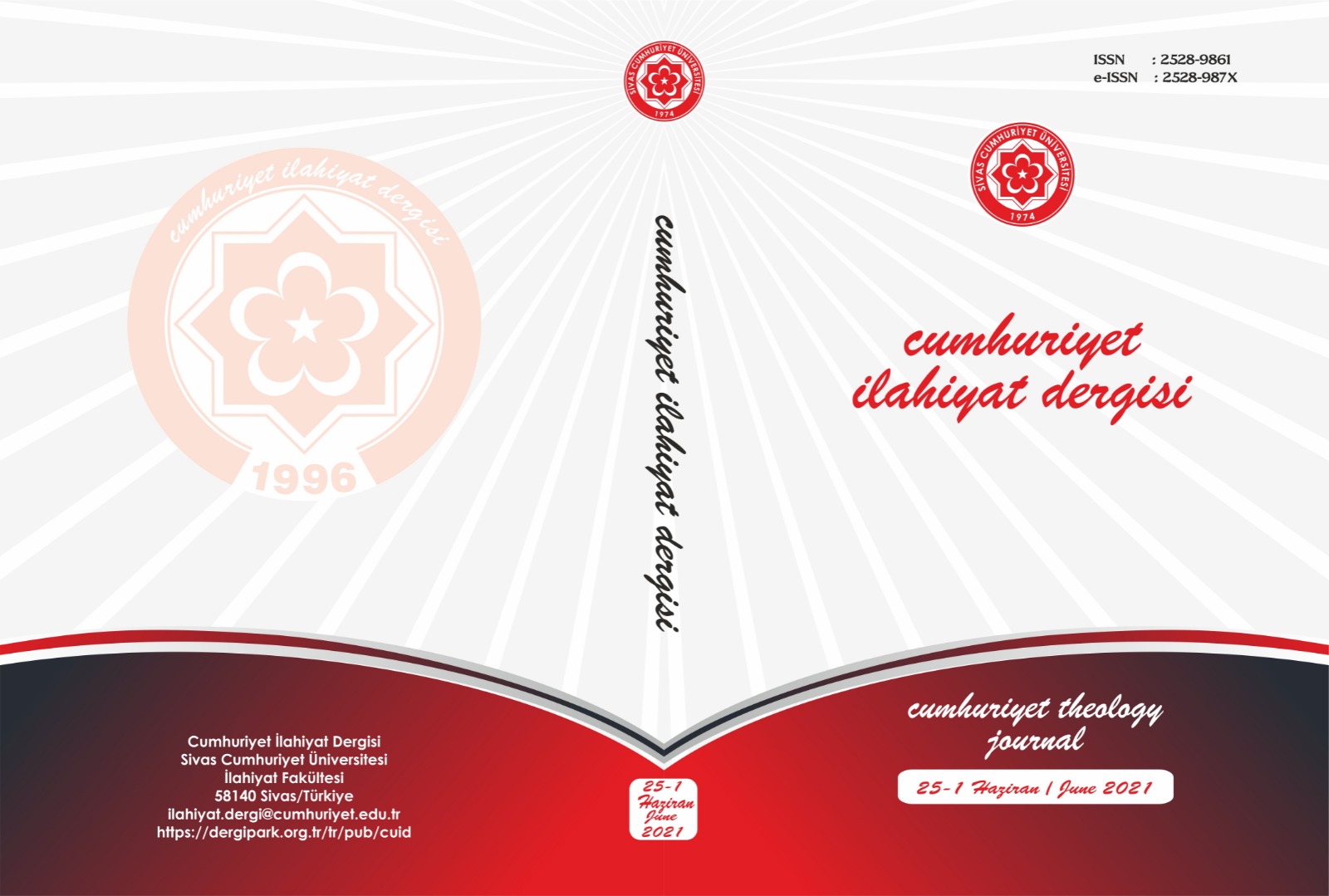Hanefî Fıkıh Kitaplarında Ribâ Şüphesi Kavramının Kullanımı
Use of the Concept ‘Ribā Suspicion’ in Hanafī Fiqh Books
Author(s): Huzeyfe ÇekerSubject(s): Theology and Religion, Islam studies, Sharia Law
Published by: Cumhuriyet Üniversitesi İlahyat Fakültesi
Keywords: Islamic Law; Islamic Law of Obligations; Ribā Suspicion; Ribā; Interest; Hanafī School of Law;
Summary/Abstract: Ribā/interest is one of the prominent regulations in Islam regarding commercial life. The commercial lives of Muslims and laws related to commerce were regulated in accordance with the prohibition of ribā, and by this a society that avoided ribā with sensitivity was created in practice. This sensitivity about ribā manifested in the principle that the suspicion of ribā is evaluated as ribā, and it is ruled as haram like riba. In fiqh sources, besides issues regarding ribā, issues involving suspicion of ribā were also mentioned, and some rulings were justified with the presence of suspicion of riba. However, the logic of using the concept of ribā suspicion in fiqh sources may vary from case to case: the reasoning behind the use of riba suspicion in one case may not fit into another case, and thus a completely different reasoning of ribā suspicion may appear in another case. To clarify the framework of the concept of ribā suspicion, it would be noteworthy to study these each of the uses in the classical fiqh sources. The purpose of this article is to examine the use of the concept of ribā suspicion based on the cases in the Ḥanafī sources. Methodologically, first, the cases in which the concept of ribā suspicion is used are determined. Secondly, the reasoning made for each example is examined by considering the contextual framework of the case. Lastly, these uses are classified and presented to the reader with examples. The principle of evaluating “the suspicion of ribā like ribā” in Islamic law is indeed related to the rule of considering “any suspicion as certainty when it comes to harams or in matters where precaution is substantial”. Since ribā is a haram that Muslims should meticulously avoid, and therefore requires caution, its suspicion is subject to the same rulings as ribā itself. In the Hanafi fiqh books, the concept of suspicion of ribā is mostly referred in the following cases: - Not knowing whether there is equality between the subject matters in barter transactions where equality is stipulated. For example, when exchanging two batches of the same kind of ribawi goods, though quantities are unknown. - It is not known whether tariq al-itibār has taken place in changes that may be permissible through tariq al-itibār. For example, in the exchange of a silver-embroidered sword with silver, if the amount of silver in the ornamented part is not known, the suspicion of ribā arises. - The emergence of a situation similar to ribā because of a transaction that is normally permissible: While there are two legitimate sales in Bay' al-inah, the conclusion of being the same as an interest bearing loan is considered as ribā suspicion. - When the case has two different sides; from one side the act is ribā, but from other side it is not. For example, in the case of salam contract of ribawi goods, if goods of different quality are brought during delivery and the quality difference is requested from the customer; suspicion of ribā arises. Apart from these uses in the Hanafi fiqh books, it is seen that the concept of ribā suspicion is employed to prove an opinion disputed between schools of Islamic law. For example, to argue that ribā rules are also valid for goods sold by piece (adadiyyāt) or by length measures (zirāiyyāt), the Hanafis say that one of the two causes (illah) of ribā is found in the exchange of these goods by type, and the suspicion of ribā arises with just a single cause (illah). On the other hand, the Shafiis use the concept of suspicion of ribā to argue that determining the subjects (ta’yin) in the exchange of ribavi goods other than gold and silver is not sufficient. Another use of the term emerges because of the authors' preference for a cautious language. Some authors acted cautiously on some cases that were normally ribā and were described by other authors in this manner, and used the term "ribā suspicion" instead of ribā; probably as they both require the same ruling (harām). Another wrongly used (in our opinion) is the use of “suspicion of ribā” in some cases that are actually considered only as disliked acts (makruh).
Journal: Cumhuriyet İlahiyat Dergisi
- Issue Year: 25/2021
- Issue No: 1
- Page Range: 73-91
- Page Count: 19
- Language: Turkish

